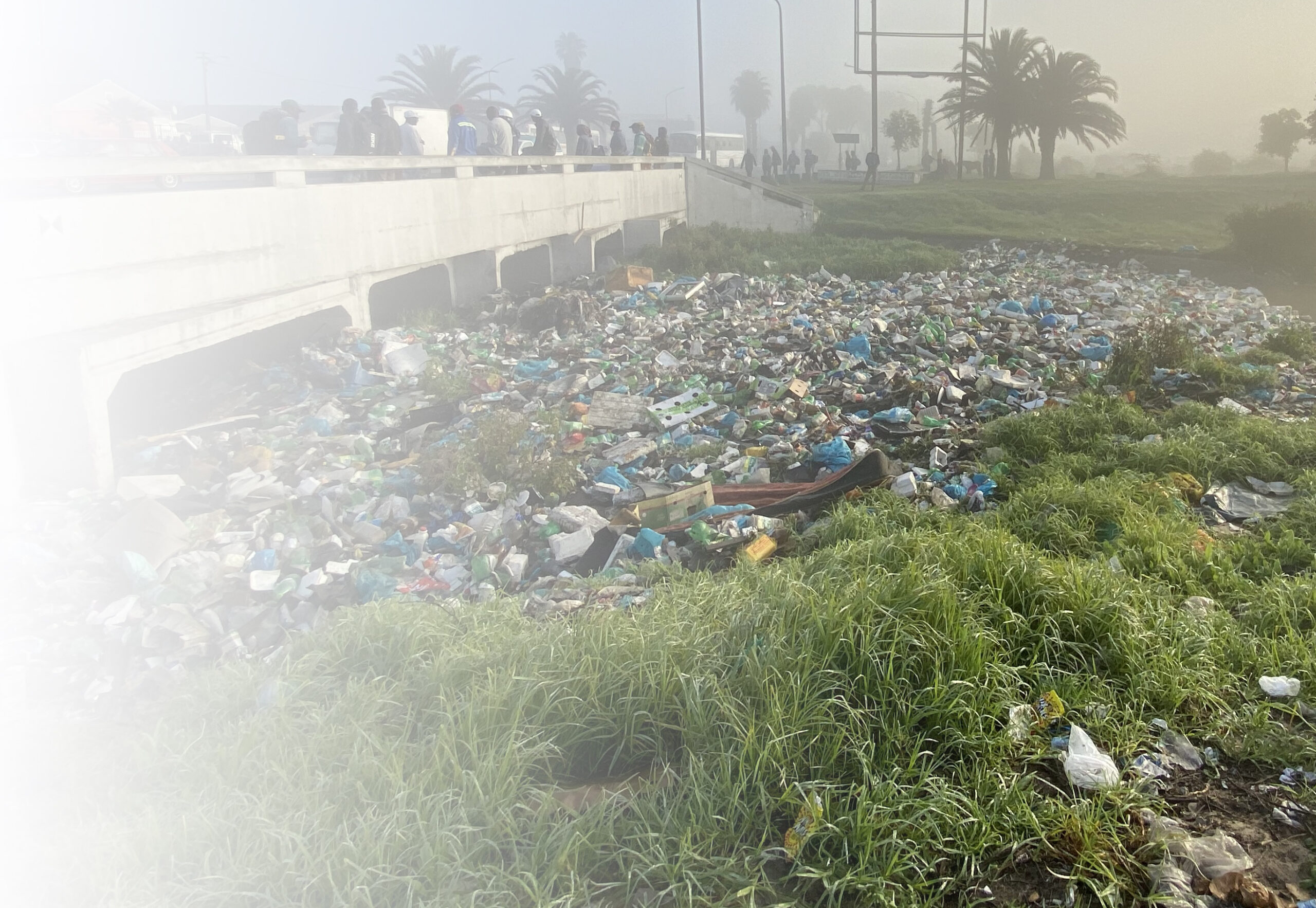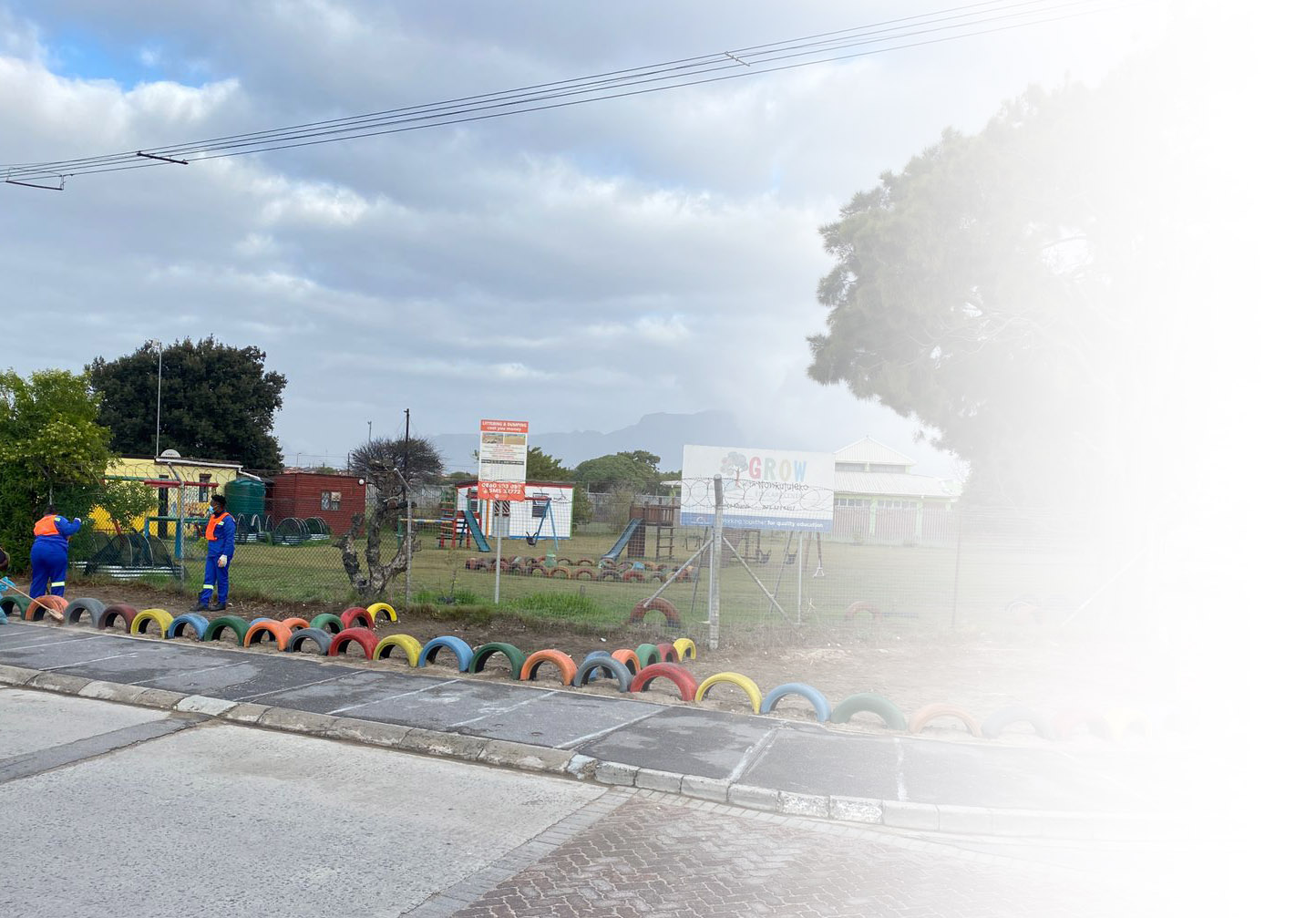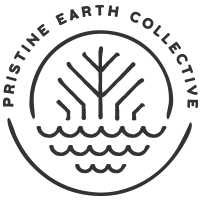A pervasive problem
Illegal dumping is the primary source of waste in our rivers, and thus our oceans.
The causes of illegal dumping are diverse; from a lack of adequate solid waste services, distances to drop-off facilities, profiteering by groups posing as legitimate waste collectors (whom then dump in rivers) to intentional dumping by those tendered to clean up the dumped waste. A significant source is the establishment of new settlements in unserviced areas due to a lack of housing. Furthermore, an important barrier to prevent litter and dumping is a mindset that these actions create jobs, when, in fact, they cost local governments funds that could be used for the betterment of a community.


Solutions
Engaging with CoCT and communities to find solutions
Illegal dumping is a nuanced and pervasive problem, but one that must be tackled.
On a small scale one can prevent future dumping at a specific location (after cleaning) by erecting barriers to vehicles and beautifying the space, or making it useful to the commmunity. One can also erect security measures. The snag is that often the dumpers wil then dump at the next available location.
Raising awareness within a community can help, if a large enough faction want to keep the community clean, they can stand up to and report the dumpers.
After much engagement with communities and with the issue, we have found that providing better means of waste disposal in underserviced communities, and incentivising proper waste disposal, would have the greatest likelihood of preventing illegal dumping.
A network of decentralized Waste Hubs within underserviced areas
To prevent illegal dumping, residents, businesses, and informal waste collectors need a means to properly dispose of waste. We are exploring the concept of networks of decentralized Zero Waste Hubs within informal and low-income areas.
This project is still in formulation. The aim is to monetize waste collection and promote (or even incentivize) the use of localized drop-offs rather than dumping while creating employment. The model we are developing entails partnering with existing waste processing enterprises and innovations (such as repurposing, recycling, and composting) and collaborating with the City of Cape Town.
Please get in touch if you would like to partner with us on this exciting new initiative.

